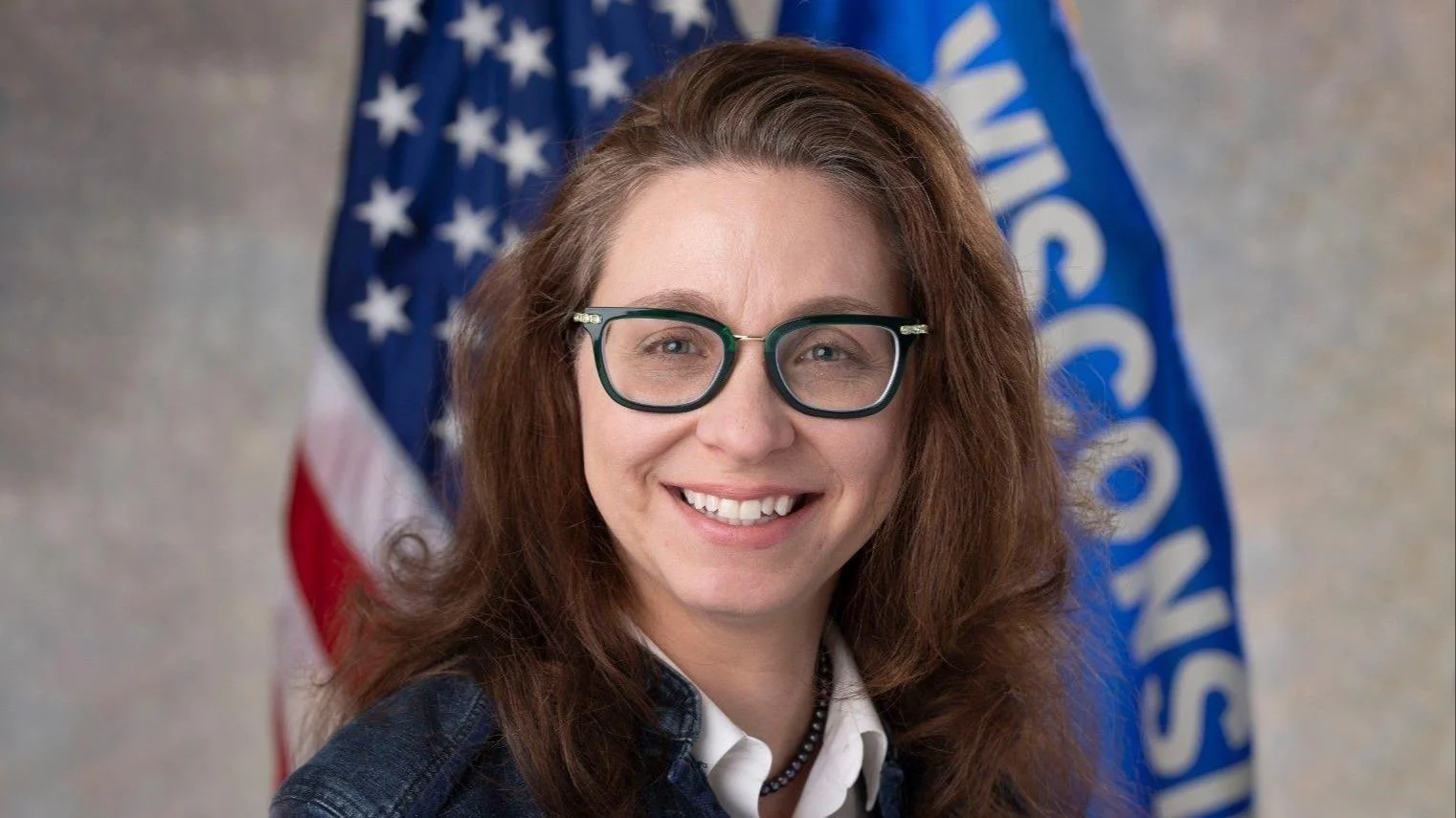Rachael Cabral-Guevara, Wisconsin State Senator for 19th District | Official website
Rachael Cabral-Guevara, Wisconsin State Senator for 19th District | Official website
According to the Wisconsin State Legislature's official website, the bill was described as follows: "prohibiting a foreign adversary from acquiring agricultural or forestry land in this state".
The following is our breakdown, based on the actual bill text, and may include interpretation to clarify its provisions.
In essence, this bill seeks to prevent foreign adversaries from acquiring any land for agricultural or forestry purposes in the state. It defines a "foreign adversary" as a foreign government or nongovernmental entity identified by the U.S. Secretary of Commerce as having engaged in conduct significantly adverse to the national security or safety of the U.S. The bill retains the current state restriction prohibiting nonresident aliens and foreign corporations from owning more than 640 acres of agricultural or forestry land. Under these provisions, lands held in violation are subject to forfeiture to the state, and foreign adversaries are prohibited from acquiring such lands from the first month following the bill's effective date or upon their designation as a foreign adversary.
The bill was co-authored by Representative William Penterman (Republican-38th District) Senator Steve L. Nass (Republican-11th District). It was co-sponsored by Representative Scott Allen (Republican-82nd District), Representative David Armstrong (Republican-67th District), and Representative Elijah R. Behnke (Republican-6th District), along 14 other co-sponsors.
Rachael Cabral-Guevara has authored one other bill since the beginning of the 2025 session, with none of them being enacted.
Cabral-Guevara graduated from Mount Mary University in 2000 with a BS and again in 2004 from the University of Wisconsin- Oshkosh with a BS.
Cabral-Guevara, a Republican, was elected to the Wisconsin State Senate in 2023 to represent the state's 19th Senate district, replacing previous state senator Roger Roth.
In Wisconsin, the legislative process starts when a senator, constituent, group, or agency proposes an idea for a bill. After drafting, the bill is introduced, numbered, and referred to a committee for review and public input. If approved, it moves through three readings and votes in both the Senate and Assembly. Once both chambers pass the same version, the bill goes to the governor, who can sign it, veto it, or let it become law without a signature. Only a small share of bills introduced each session ultimately become law. You can learn more about the Wisconsin legislative process here.
| Bill Number | Date Introduced | Short Description |
|---|---|---|
| SB7 | 01/24/2025 | Prohibiting a foreign adversary from acquiring agricultural or forestry land in this state |
| SB4 | 01/24/2025 | Agreements for direct primary care |






 Alerts Sign-up
Alerts Sign-up